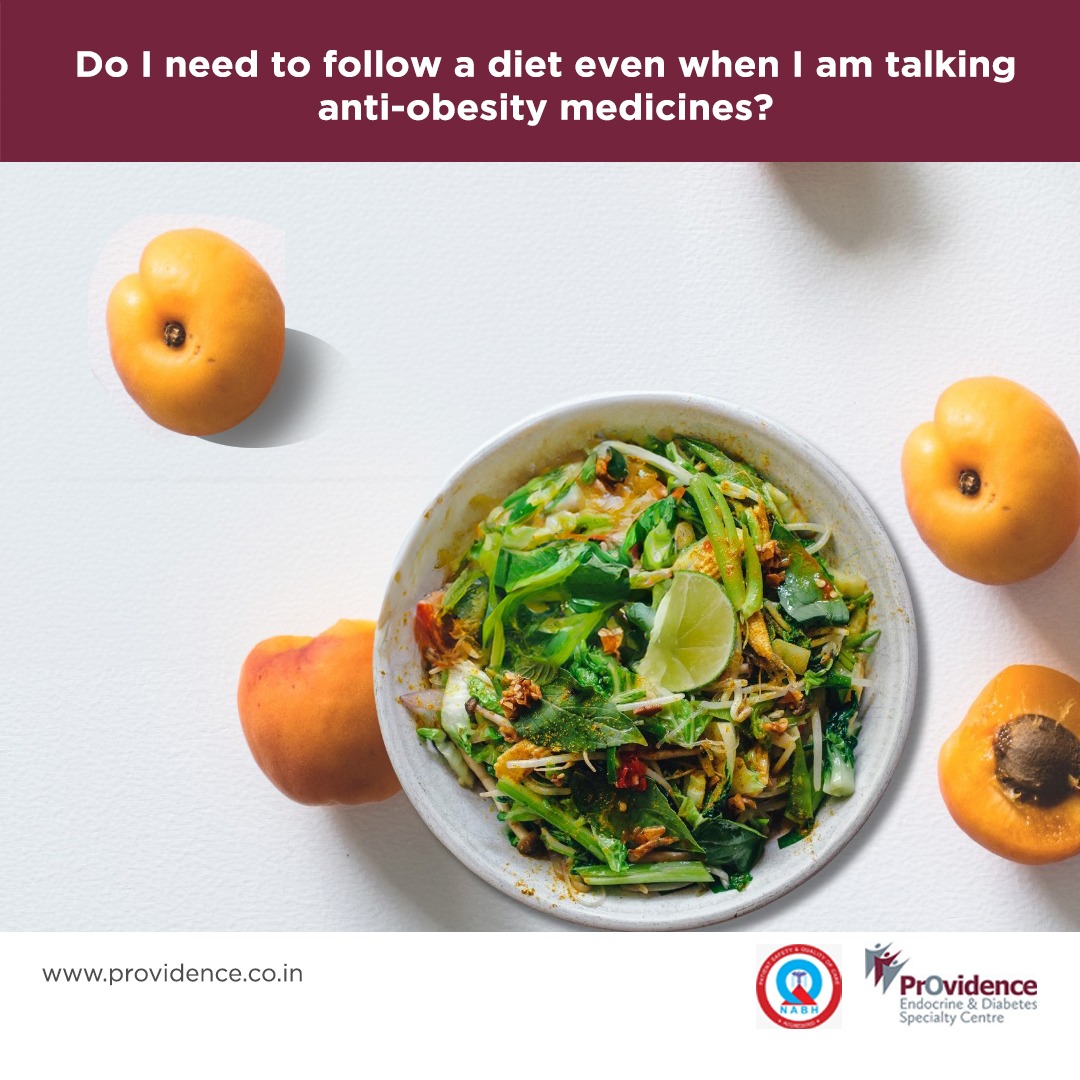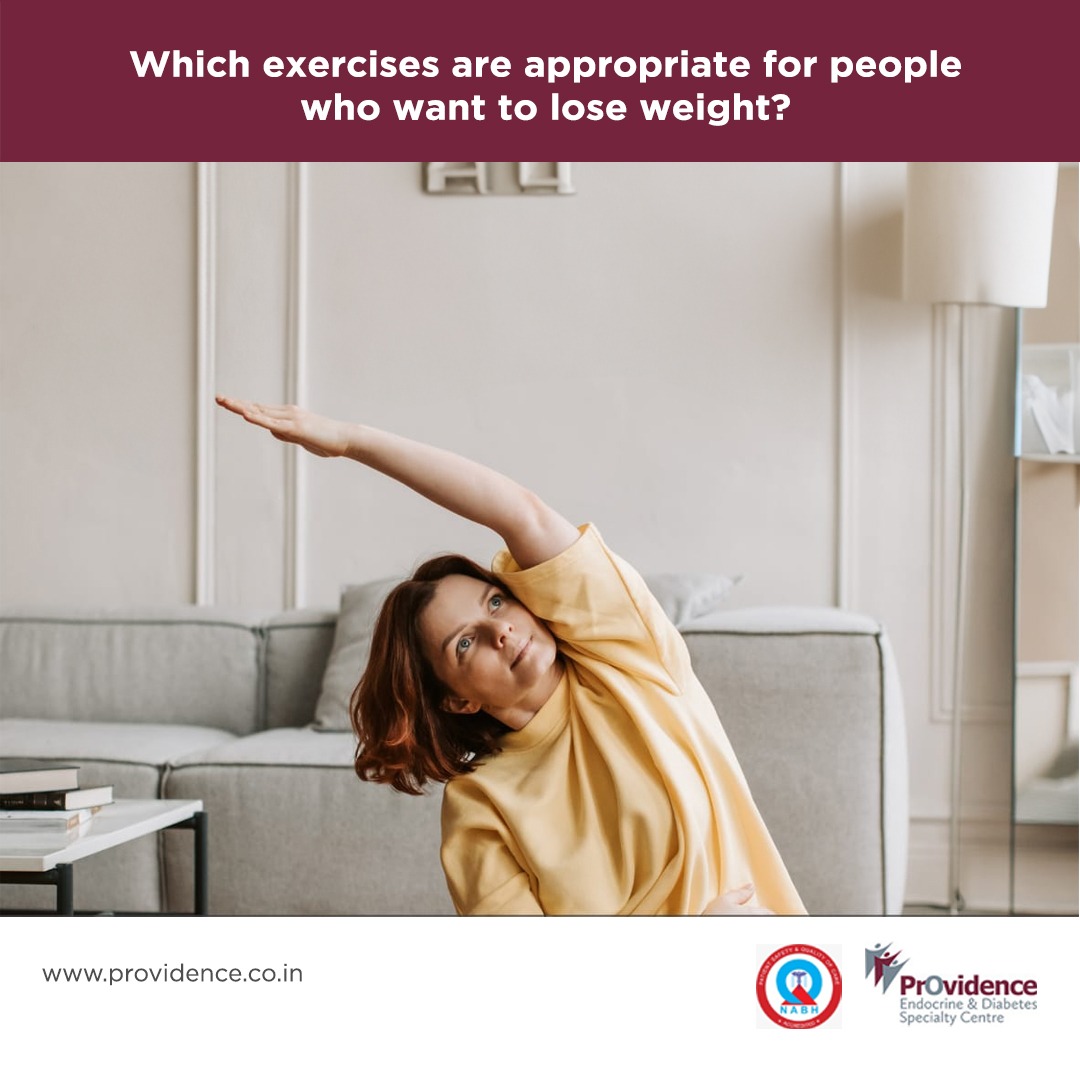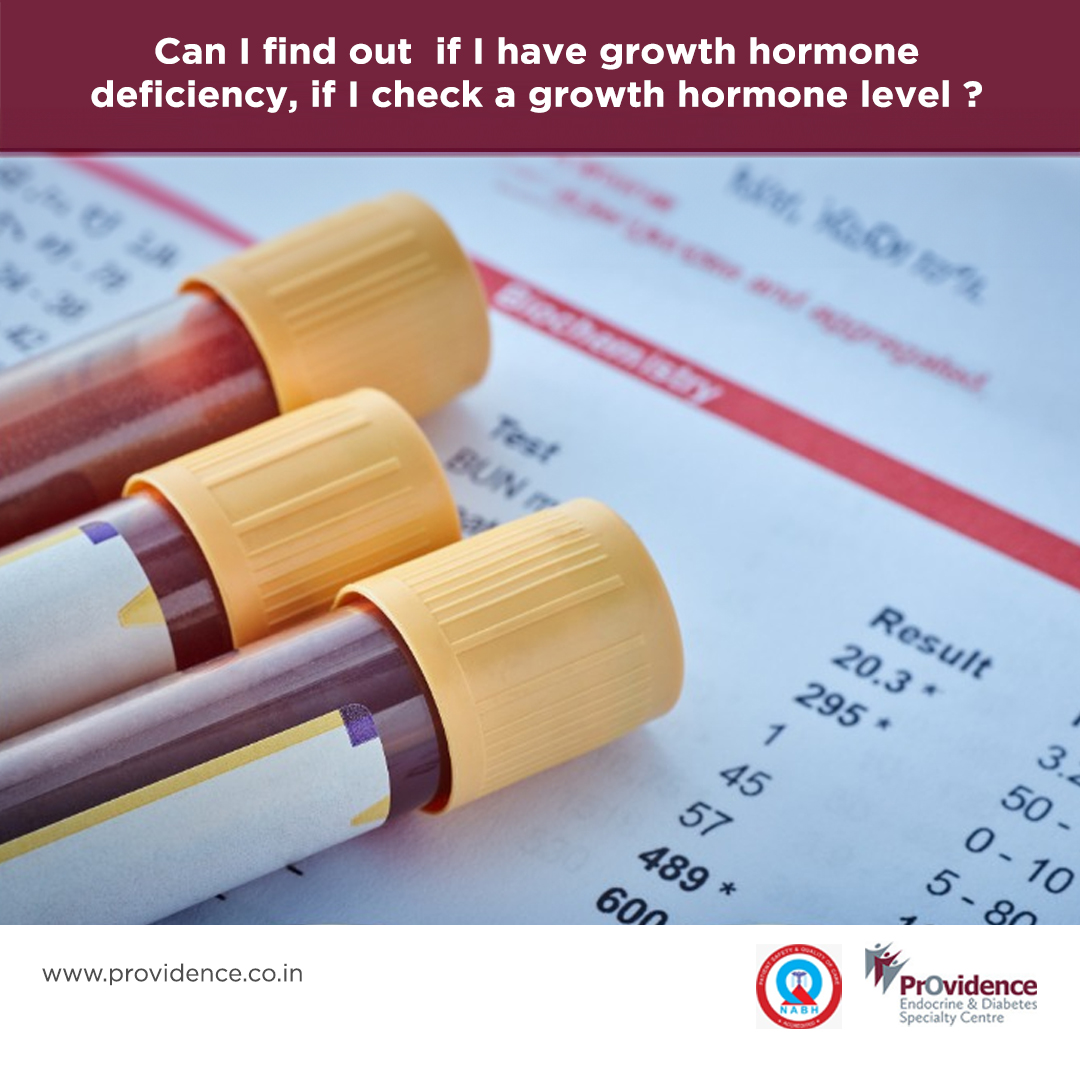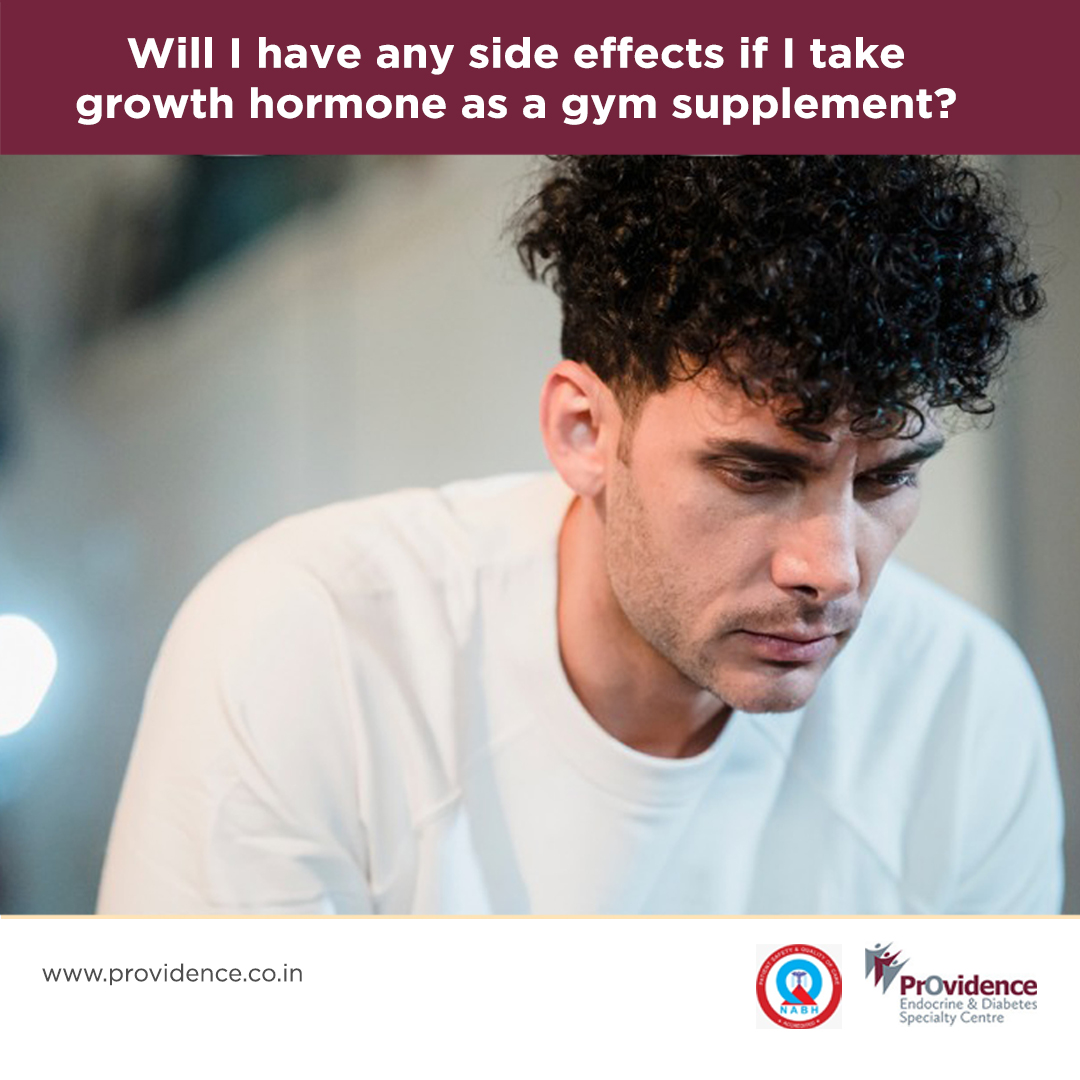Losing weight in nowadays is a challenging journey. Effective exercises for weight loss are those that not only burn calories but also aid in muscle building, increase metabolism, and boosts overall physical and mental well-being. Losing weight can be achieved through a combination of regular exercise, a healthy diet and lifestyle changes. Here is some effective exercise for weight loss.
Aerobic Exercises
1. Brisk Walking: Walking at least 10 mins per session, 3-4 times a week or 150 min of moderate walk per week.
2. Jogging/Running: Running or jogging at a moderate intensity with 10-15 mins, 2-3 times a week, and gradually increase duration and frequency.
3. Swimming: Start with 20-30-minute swimming sessions, 2-3 times a week.
4. Cycling: Cycling is a low-impact, aerobic exercise that offers numerous physical and mental health benefits. Start with 20-30 minutes of alternating between high-intensity cycling and 5-10 minutes of cool down period.
5. Dancing: High-energy dance workouts like Zumba.
Strength Training Exercises
1. Squats: Its targets lower body muscles, including quads, hamstrings, and glutes. It is recommended to do 3 sets with 8-12 repetitions.
2. Lunges: Lunges are a compound exercise that target multiple muscle groups in the legs, hips, and glutes. Start with a frequency of 2-3 times a week, allowing for at least one day of rest in between.
3. Push-ups: Push-ups are a classic exercise that target multiple muscle groups, including the chest, shoulders, triceps, and core. Start with 3 sets of 10 reps with 5-10 minutes of static stretching.
High-Intensity Interval Training (HIIT)
1. Burpees: A full-body exercise that involves a squat, push-up, and jump. Start with 3-4 sets with 8-10 repetitions, 2-3 times per week.
2. Jump Squats: Jump squats are a plyometric exercise that combines the strength and power of squats with the explosive movement of jumping. It is advised to start with 5-10 of light cardio with 3 sets of 10 repetitions.
3. Plank: Its targets multiple muscle groups, improving overall core strength, stability, and posture. Start with 3 sets of 50-60 seconds with 60-90 seconds of resting time.
Yoga and Flexibility Exercises
1. Yoga: Yoga postures can help build strength, especially in the core muscles, arms, and legs. Various styles like Hatha, Vinyasa, and Ashtanga can help with weight loss.
2. Pilates: Pilates targets the core muscles, including the abdominals, oblique, and lower back muscles. A low-impact exercise that targets core strength and flexibility making it easier to move and perform daily activities.
3. Stretching: Regular stretching exercises can improve flexibility and balance.
Remember to:
• Consult with a healthcare professional before starting any new exercise program.
• Always start with a warm-up exercise to prepare your muscles and prevent injuries.
• Aim for at least 150 minutes of moderate-intensity aerobic exercise per week.
• Incorporate strength training exercises at least two times per week.
• Listen to your body and rest when needed and stay hydrated
• Combine exercise with a healthy, balanced diet for sustainable weight loss.
Ms. Revathy.V.K, MSc












